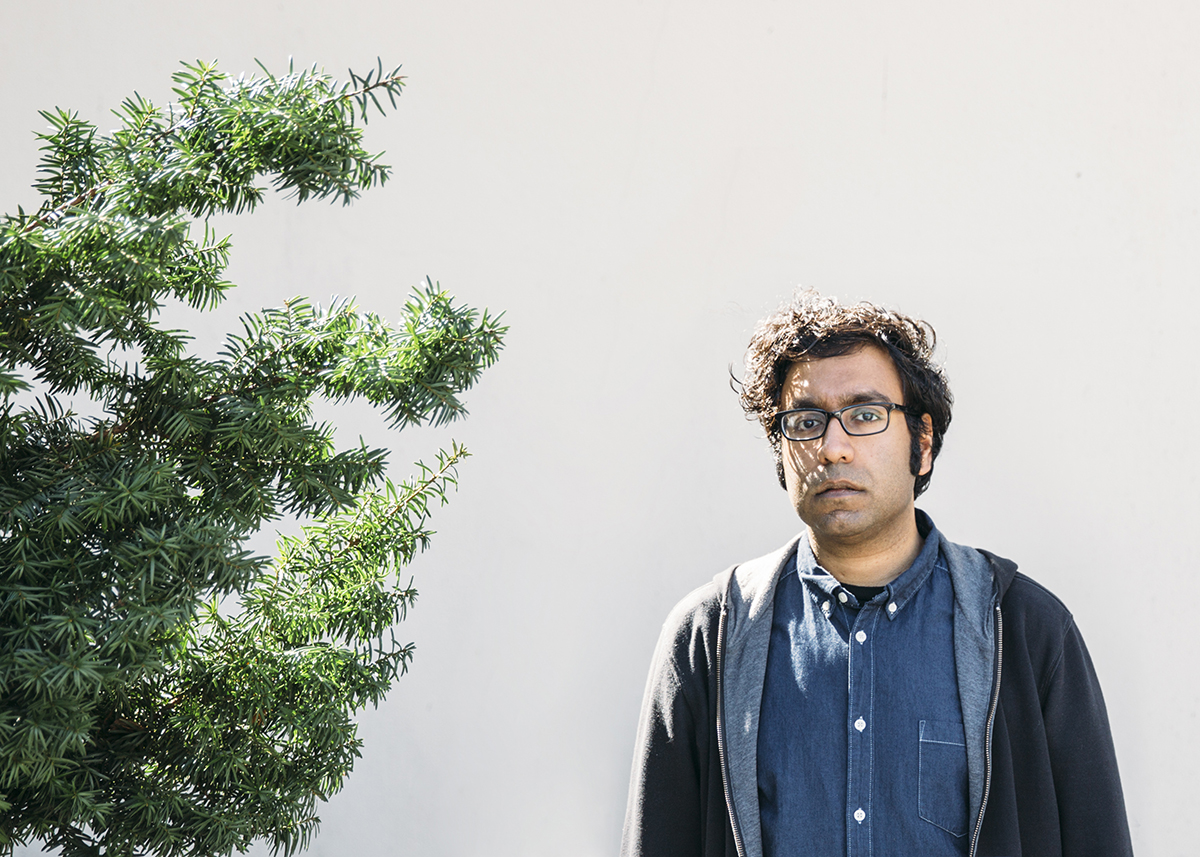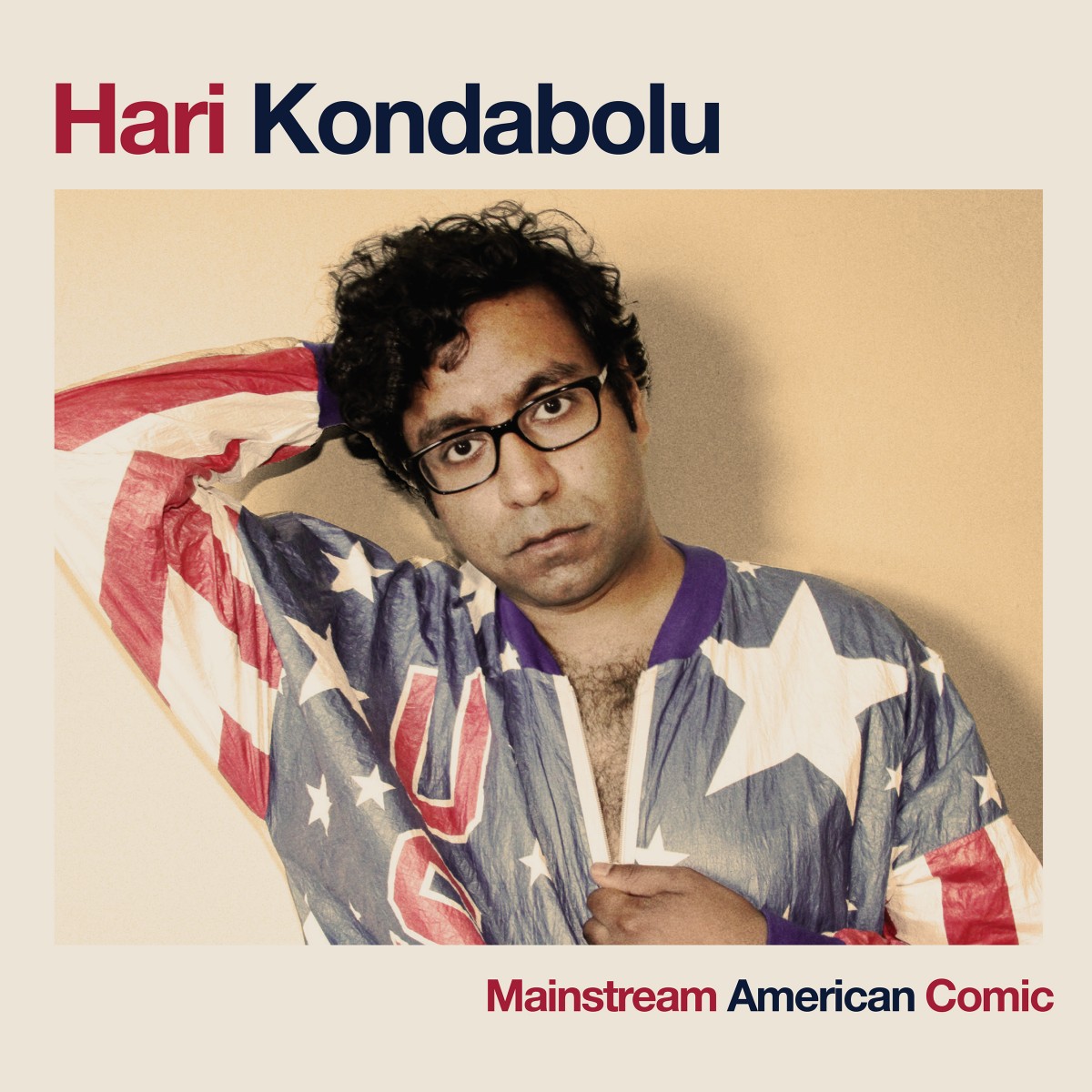Hari Kondabolu Is Preparing for Election Jokes

Photo by Yoon Kim
“I have no idea how I’ll feel,” says comedian Hari Kondabolu, when asked last week about the outcome of the presidential election. “That means what I share onstage is going to be a genuine reaction.” Bostonians will get to see that reaction in person—his first post-election show will be at the Wilbur on Saturday.
Kondabolu’s humor is often equal parts amusing and solemn, perhaps unsurprising for someone with a background in something as serious as organizing for immigrant rights; the title of his 2014 debut album, Waiting for 2042, derives from the predicted year in which white people will become the racial minority in the U.S. In a 2013 performance in Chicago, Kondabolu joked, “I don’t know if there are white people in the audience who are upset by this, but don’t worry, white people. You were the minority when you came to this country. Things seem to have worked out for you.”
But he says this election is unlike past ones: “Usually it’s a values discussion, like which candidate doesn’t share my values, but [this year] it’s also about who’s competent.” Regarding the Republican candidate, he says, “People are devoted to [Donald] Trump because he represents something to them that is the potential of an America they don’t have anymore, or one that never existed. I fear that the white supremacy that has been either implicit or direct in this campaign [and] the people who have those values are going to be empowered.”
Kondabolu contends and engages with such values more so than he does the blunders of politicians themselves. “I’m not really a comic that writes about politicians. It’s not my thing,” he says. “Onstage I have some jokes about Trump, but the stuff I focus on is my answer to him.”

Photo via Kill Rock Stars
There’s little that Kondabolu won’t talk about—if he knows what he’s talking about. “I don’t actively avoid anything, but I need to have an informed, honest, personal, clear perspective,” he says. “Saying things onstage [means] there’s a degree of responsibility. If I put this out into the world and it justifies bigotry or ignorance, I’m causing hurt. I think about it that way. Is what I’m saying contributing to a larger, positive thing?”
This nuance, however, wasn’t always present in Kondabolu’s stand-up career, which began when he was 17. Back then he was still talking about his parents, who emigrated from India, with accents. “I [was] talking about stereotypes, but not in a clever way. I was reinforcing them,” he recalls. “I [was] talking about my parents in really clumsy ways. I didn’t think about impact. I was just trying to make people laugh.” Things took a turn in 2001. “9/11 happened and all of a sudden I started thinking about how brown people in this country are portrayed, how minorities are portrayed, and how quickly those images turn,” he says.
Kondabolu is also informed by his consideration of language, humor, and the responsibility that comes with public performance. “I refuse to believe that art has no impact,” he notes. “Everything has impact. What you choose to say and what you choose not to say is a deliberate decision.”
And whatever he’s got to say about the election will probably be worth hearing. “It’s the biggest show I’ve done in Boston,” Kondabolu adds. “We’ll all be buzzing. You’re going to need relief either way—it’s been brutal.”
$22, Saturday, November 12, 9:45 p.m., The Wilbur, 246 Tremont St., thewilbur.com.

